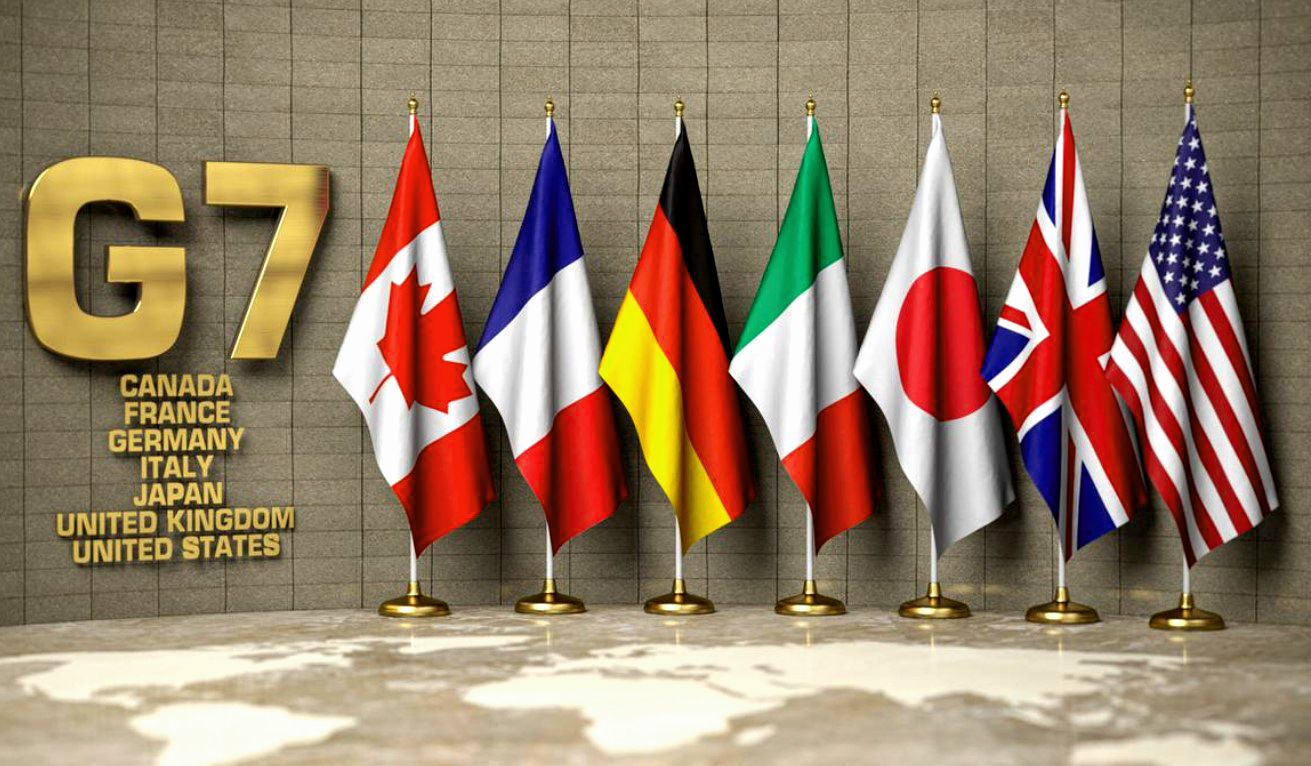G7 Nations Urge Immediate De-escalation Amid Escalating India-Pakistan Tensions
Meta Description: Amid escalating tensions between India and Pakistan, the G7 nations have called for immediate de-escalation and direct dialogue to prevent further conflict.
In a major diplomatic action, the Group of Seven (G7) countries jointly called for immediate de-escalation and conversation between India and Pakistan after a conflict involving military confrontations that raised international concerns of instability and the possibility of broader conflict.
Overview of the Crises
This current crises began with an attack on April 22 in Indian-administered Kashmir when 26 civilians (mostly Hindu pilgrims) were killed in the attack. India stated that Pakistan-based militant group Lashkar-e-Taiba was behind the attack, which led to a series of military operations in retaliation. India, for example, launched missile strikes on at least three airbases in Pakistan including Nur Khan near the capital Islamabad. Pakistan responded with “Operation Bunyan Ul Marsoos,” which included strikes against Indian military facilities such as the Pathankot and Udhampur airbases.
While casualty estimates vary, around 48 deaths have occurred based on deaths reported since May 7 during this period of exchanges. Both countries have mobilized forces to the Line of Control (LoC), and Pakistan has closed its airspace and met with its National Command Authority, which oversees the country’s nuclear arsenal.
G7’s Call for Restraint and Dialogue
The G7 countries (which include Canada, France, Germany, Italy, Japan, the United Kingdom, the United States and European Union) issued a joint statement urging both India and Pakistan to maximum restraint and seek direct dialogue to settle their differences peacefully.
The G7 statement called for de-escalation to avoid further loss of life, as well as implications for regional stability. The statement also condemned the attack in Kashmir that occurred April 22, and offered their solidarity to the victims and their families for their loss.
International Responses and Diplomatic Calls to De-escalate
The situation has attracted interest from other international actors. The United states issued another call for restraint, but also made it clear they would not intervene. JD Vance, Vice President, stated that it is “none of our business.” Saudi Arabia and Iran also issued calls for de-escalation amid growing regional implications for security and peace. The United Nations has also expressed concern over the potential for larger conflict, and reiterated calls for both nations to use diplomatic avenues.
Responses at Home in India and Pakistan
India’s government has held meetings at the national security level and mobilized reserve forces in response to rising military tensions. There have been reports of explosions in Indian-controlled Kashmir leading to civilian casualties.
In Pakistan, the government expressed that it had sustained only minor damage from India’s missile strikes, and reiterated its right to self-defense. Public sentiment for Pakistan to respond in kind is rising, with Pakistanis circulating videos of various forms of retaliation on social media, encouraging support for military action.
Possibility of Diplomatic Engagement
Despite the military escalation, there are signs of possible diplomatic engagement. Pakistan reported the last national security contacts level were at with India and India was not too pleased to happen, there would certainly be ongoing back-channel connections with India.
Calls from the G7 on both parties for “direct dialogue” were intended to promote taking diplomatic avenues rather than viewing these to each other in a strictly military point of view. In the meantime, the international community is still watching the developments closely, and reminded the parties involved to remain calm and disengage from escalation.
Keywords:
G7 nations, India-Pakistan tensions, immediate de-escalation, military confrontation, Kashmir attack, Operation Bunyan Ul Marsoos, Line of Control, nuclear arsenal, international diplomacy, regional stability, direct dialogue, international reactions, domestic responses, diplomatic resolution, global concerns

